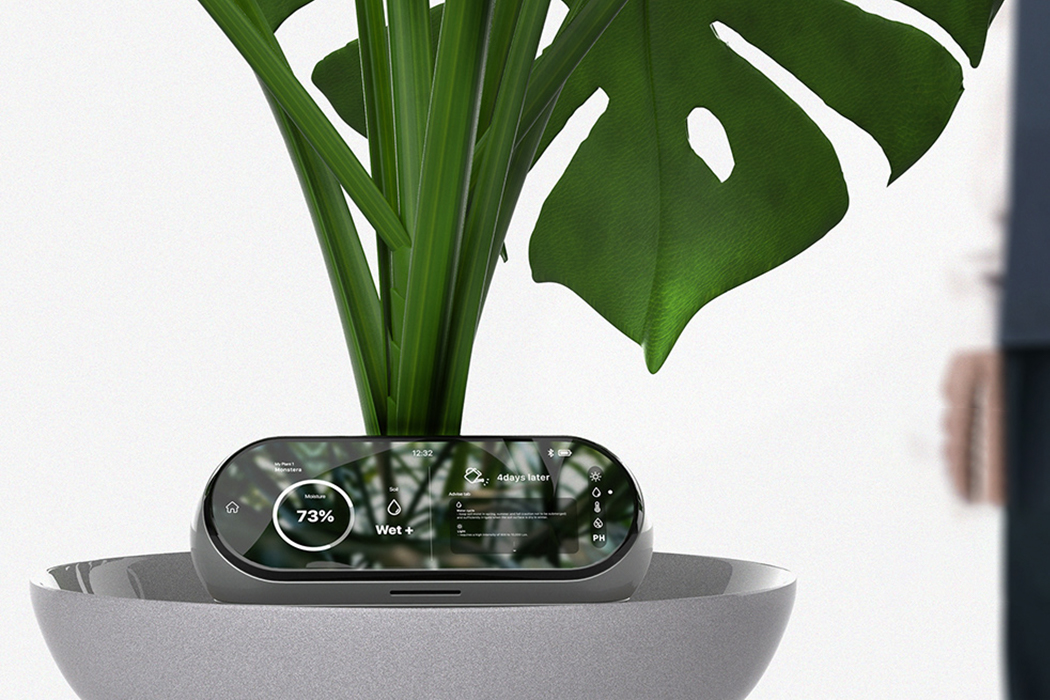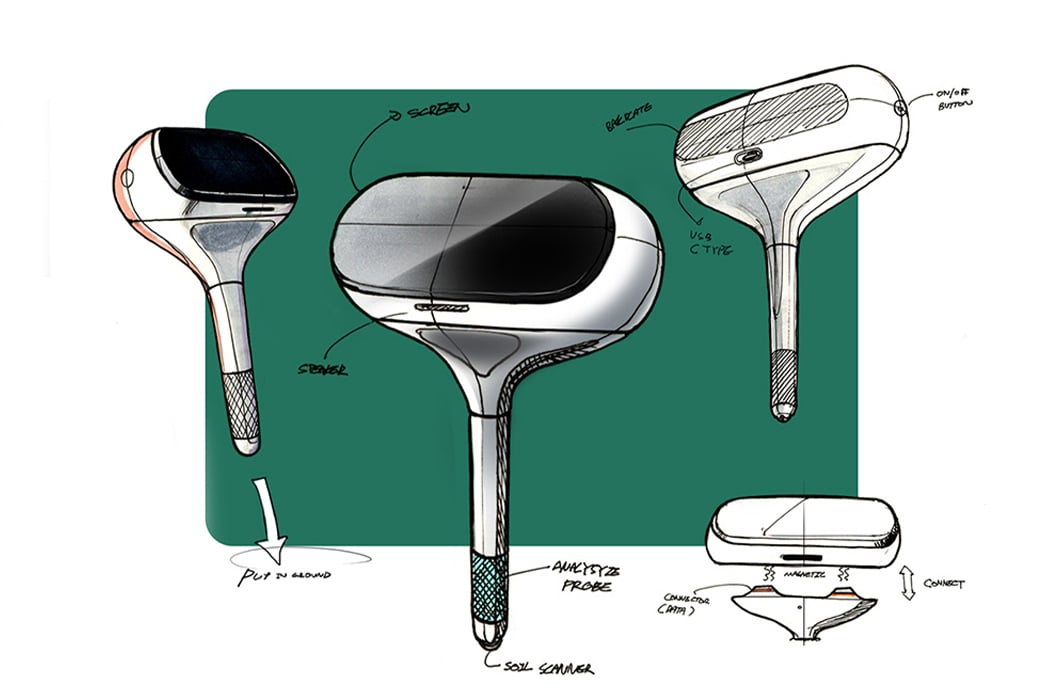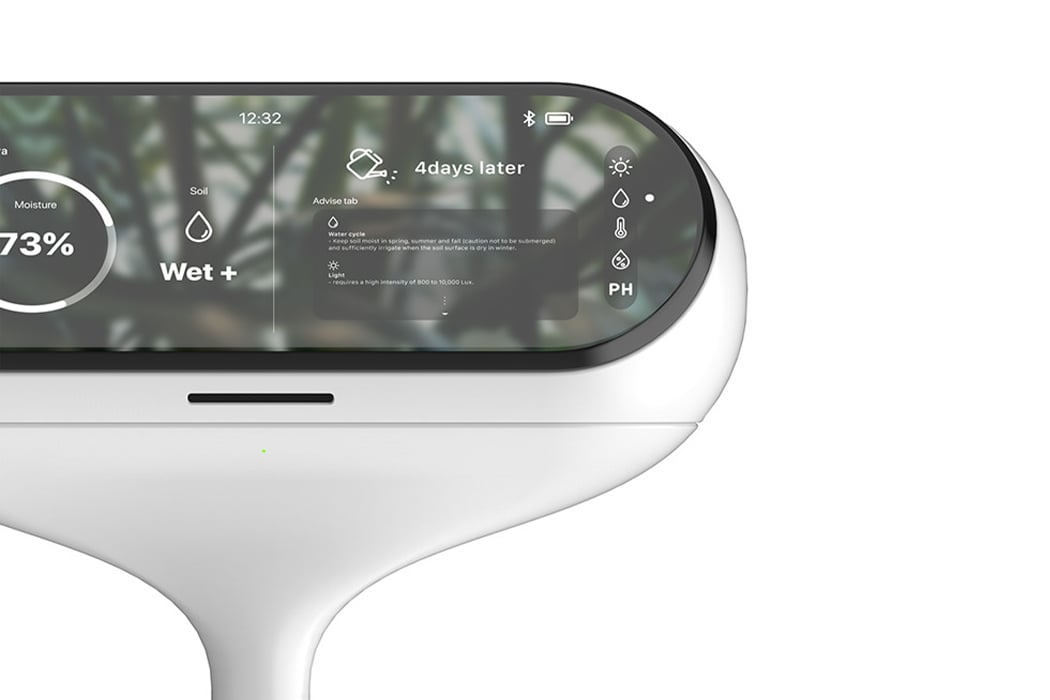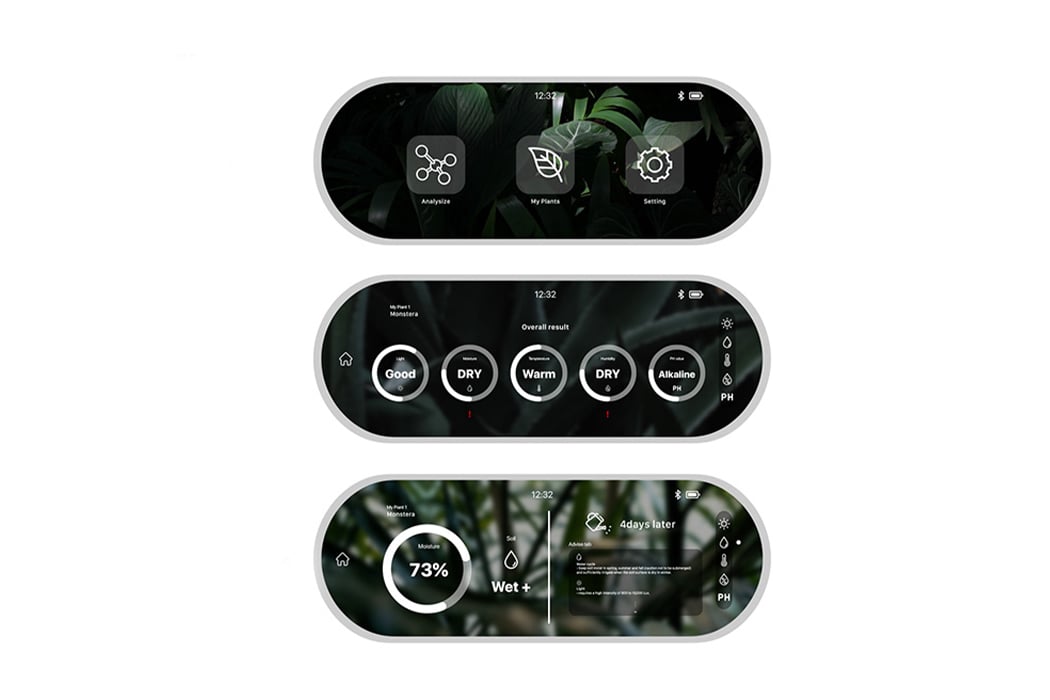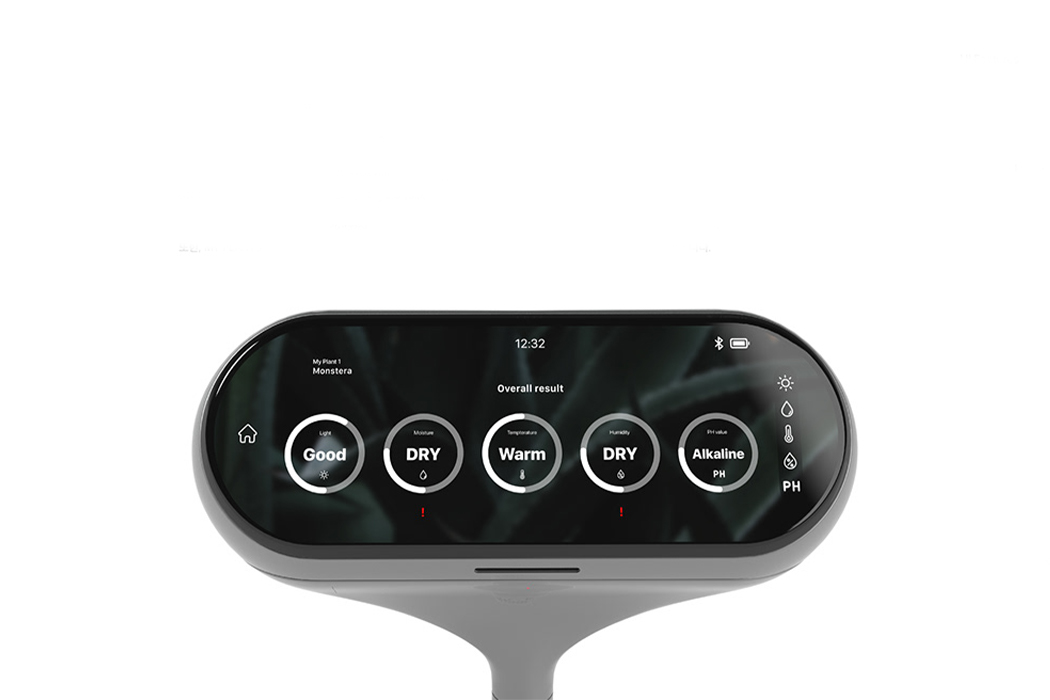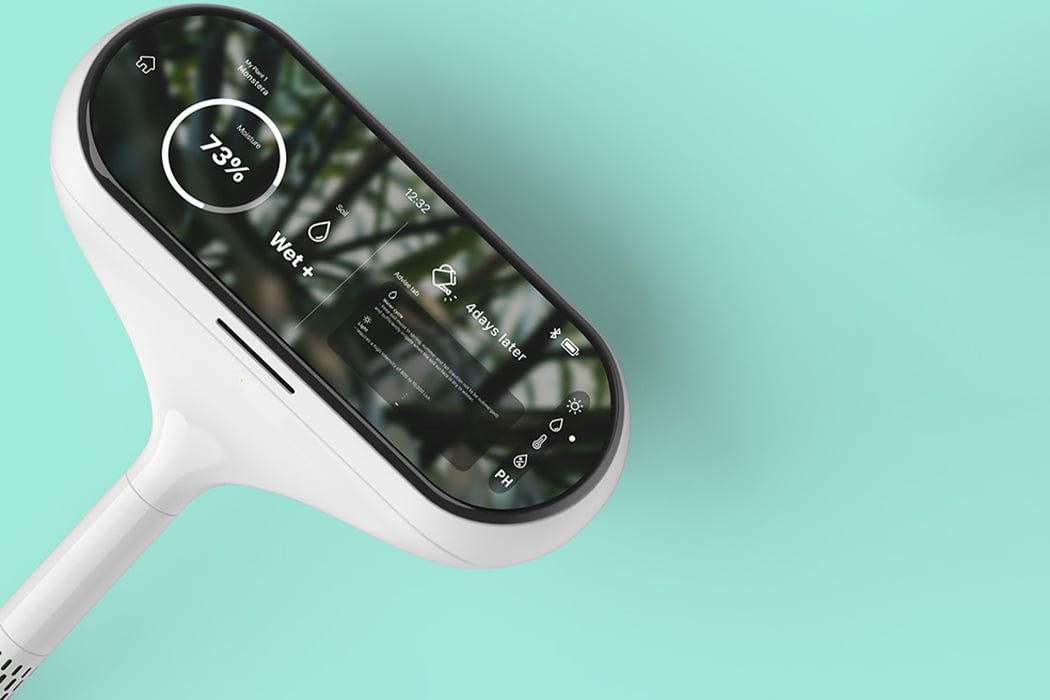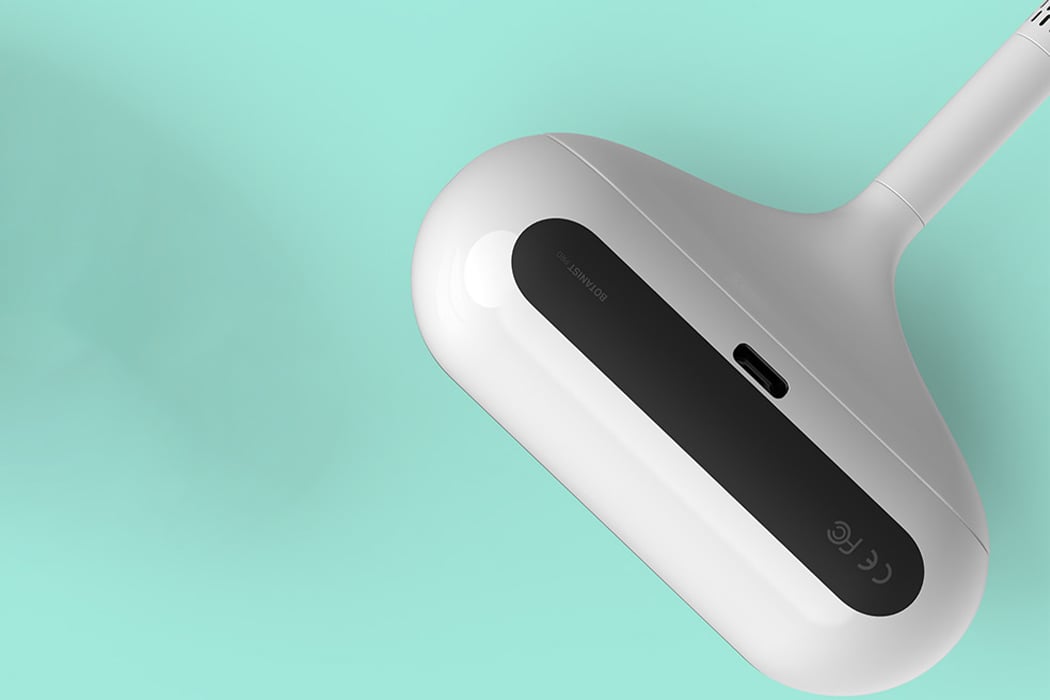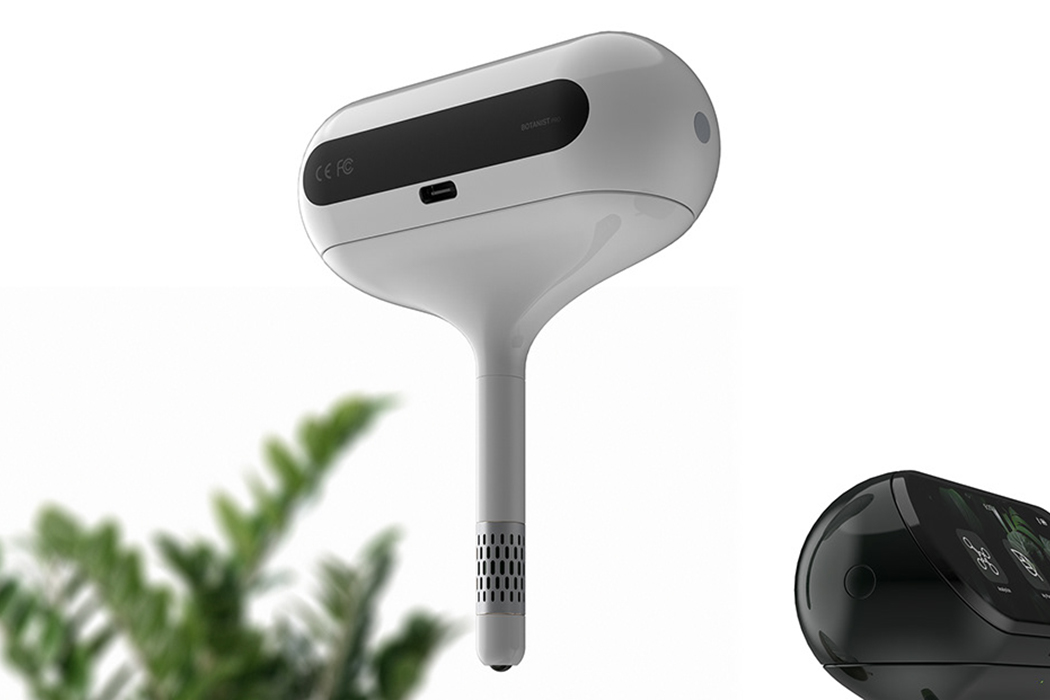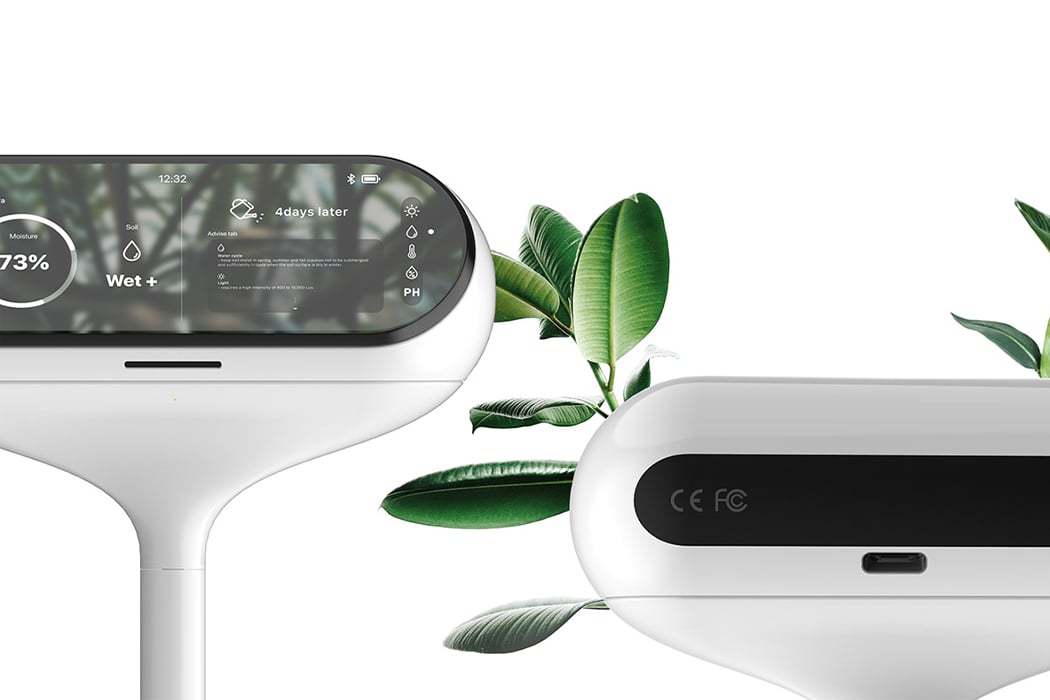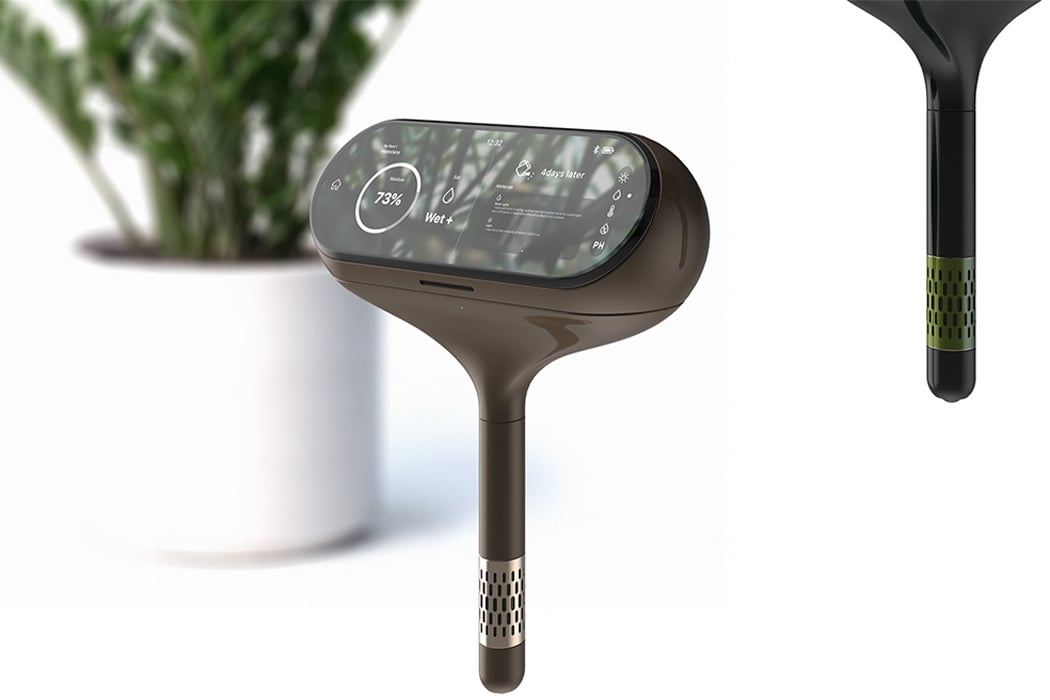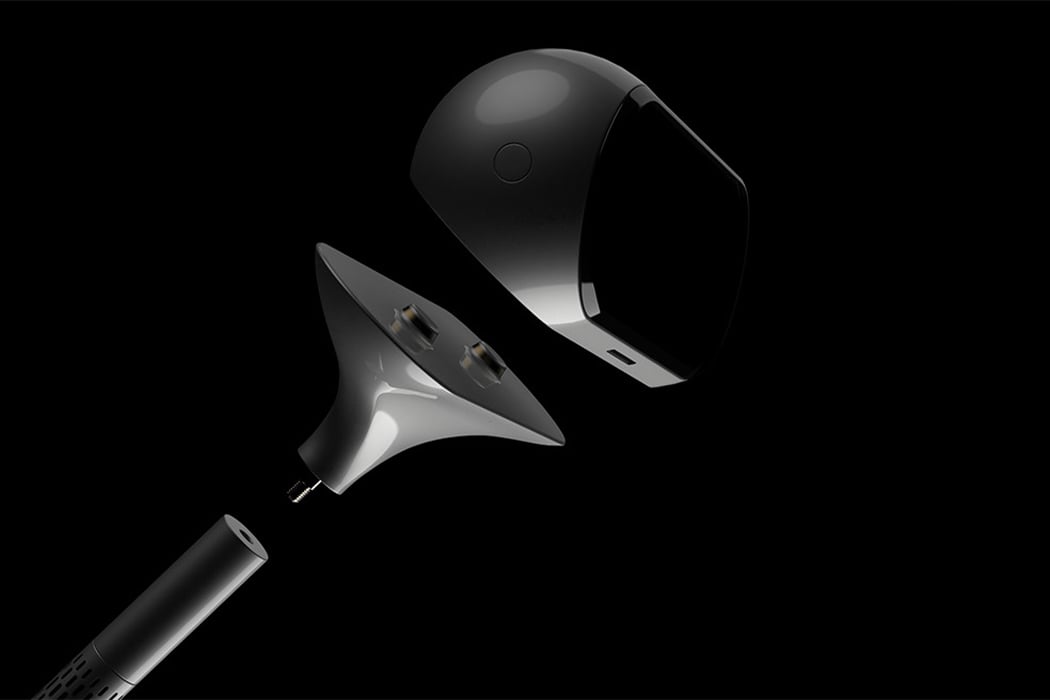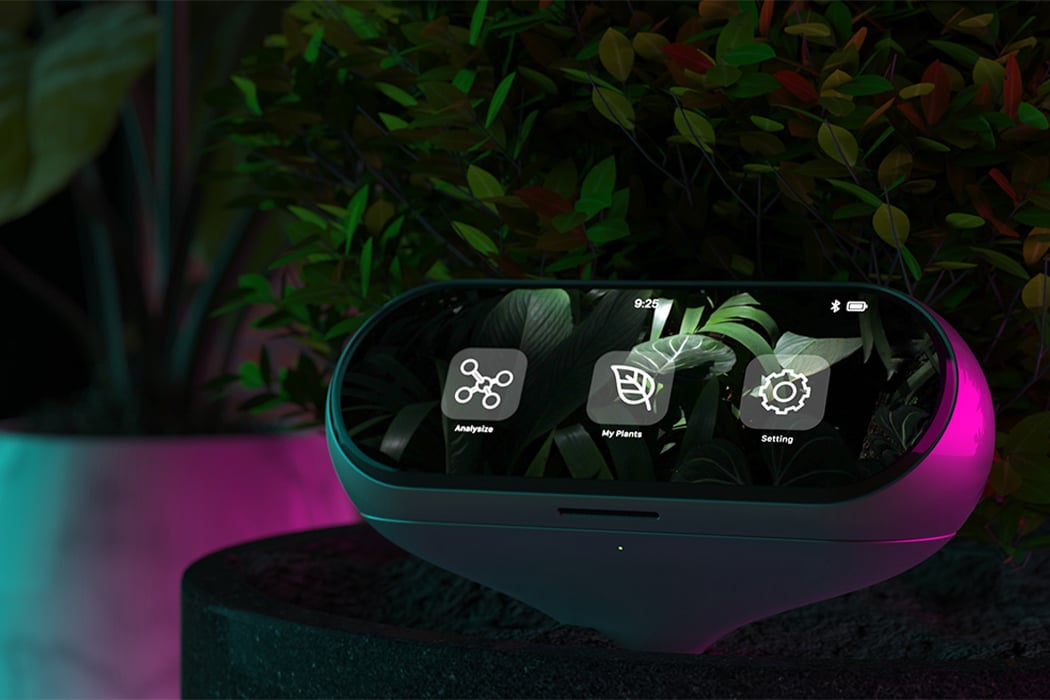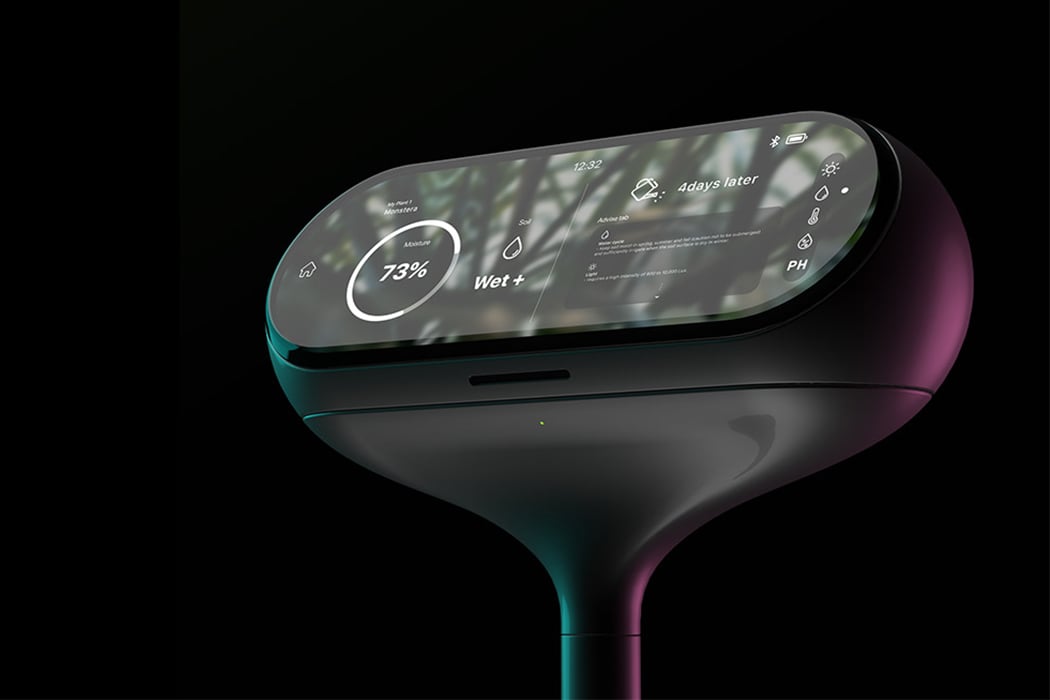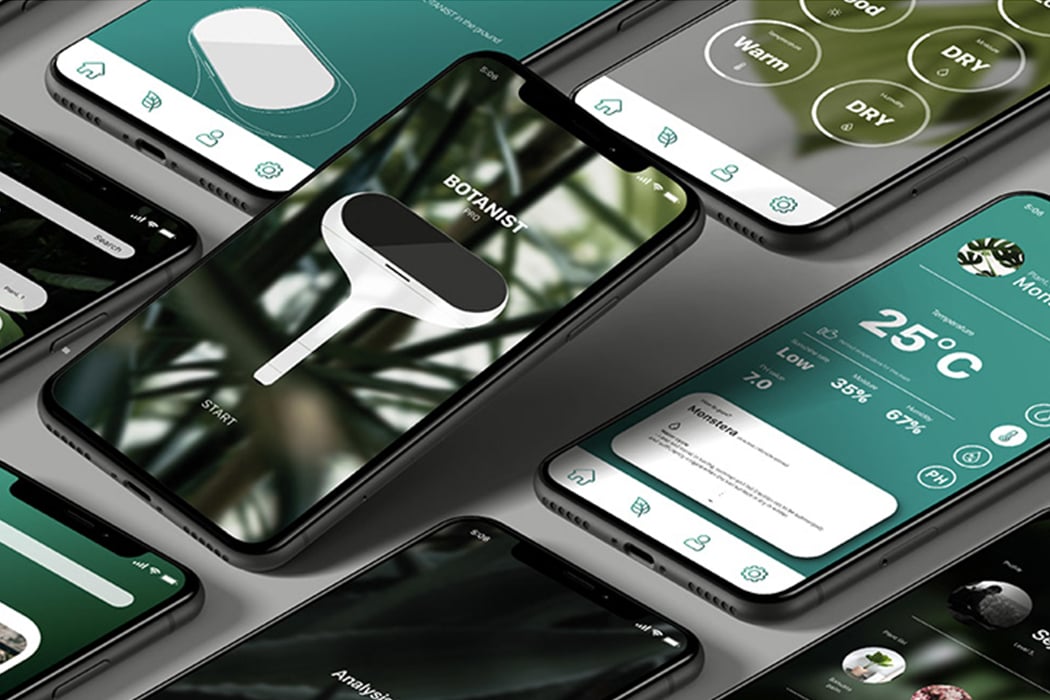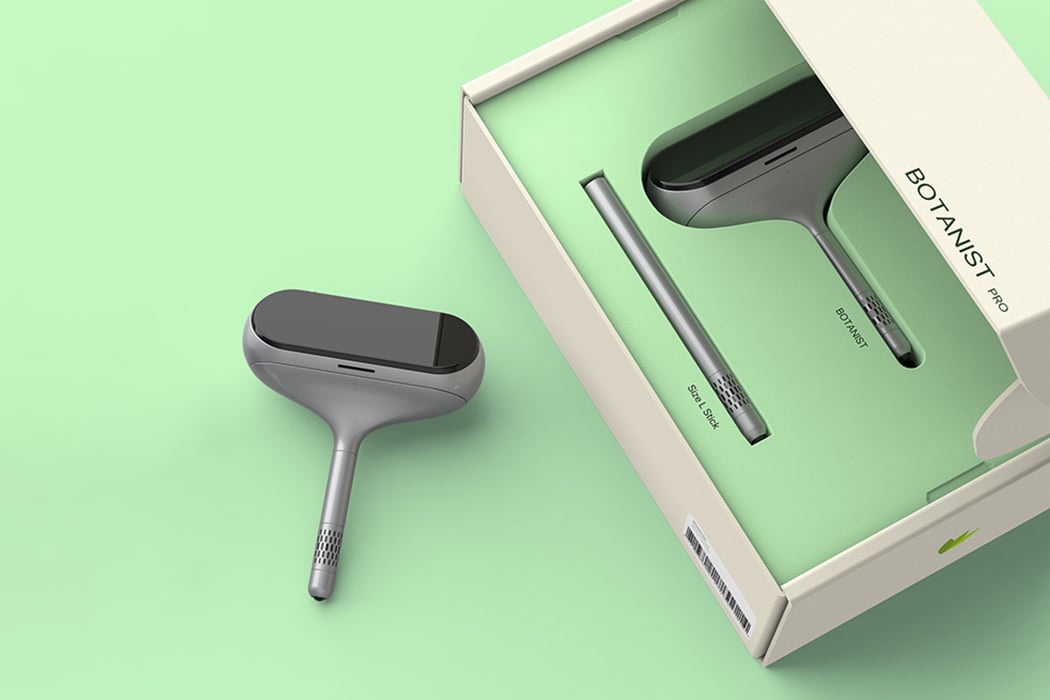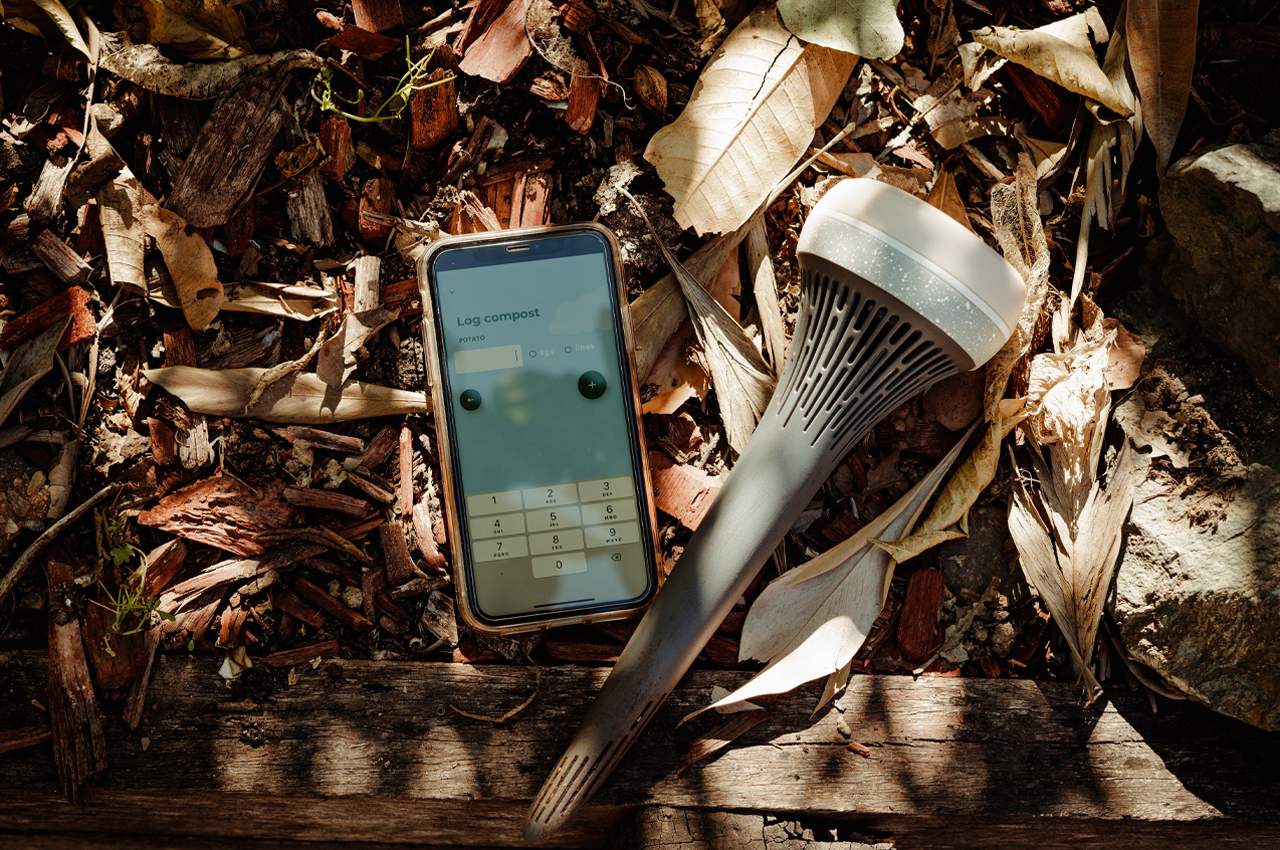
Monty is a smart compost tracking system that analyzes soil conditions with Bluetooth and smart technology before sending alerts to users through a mobile app of when their soil could use some extra care.
Everyone thinks about composting at some point. Whether you have a small, windowsill herb garden or a full grassy yard, composting helps keep greenery abundant and healthy while also recycling organic waste back into the soil. While the benefits are many, actual compost gardens are few and far between. Making the composting game accessible and easy for everyone, Monty is a smart compost system that connects to your smartphone via Bluetooth to track compost data and break the process down into simple steps.
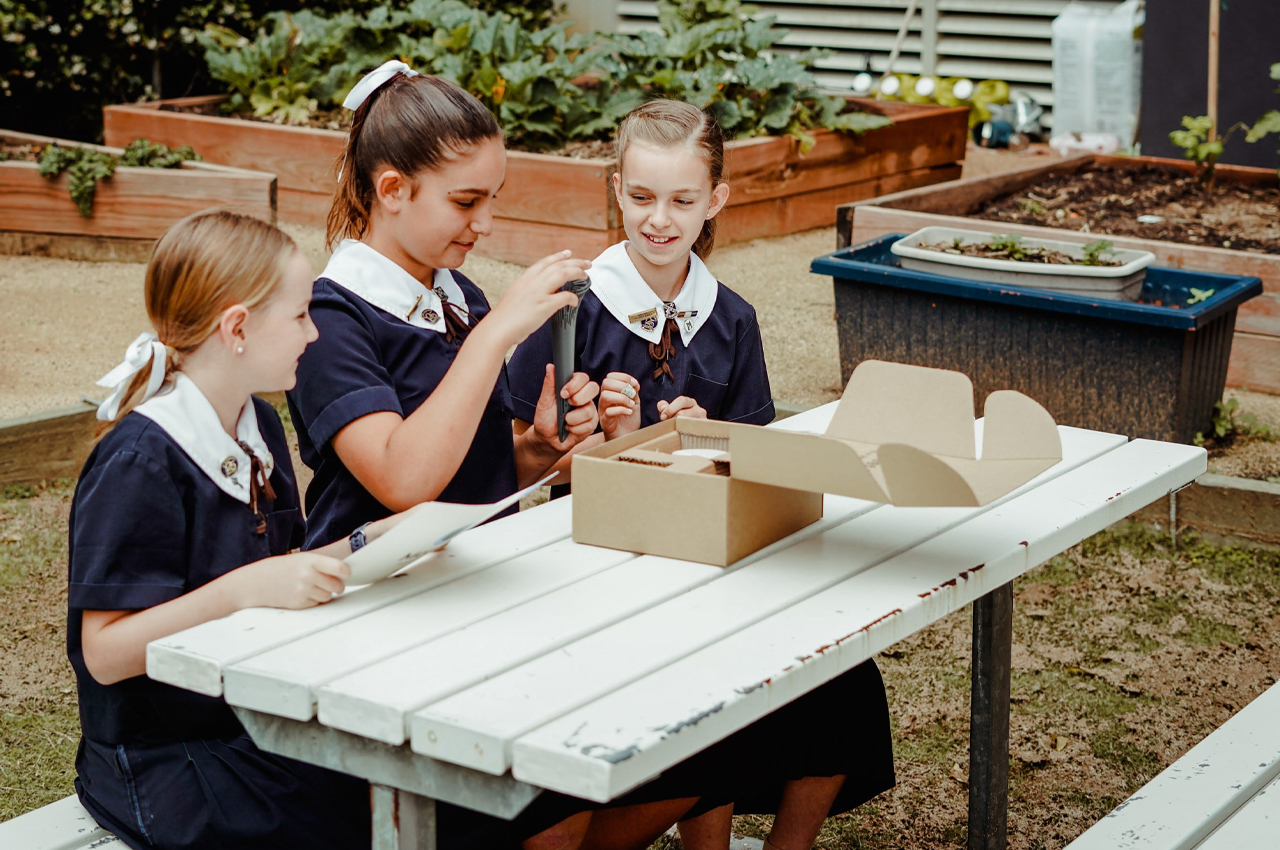
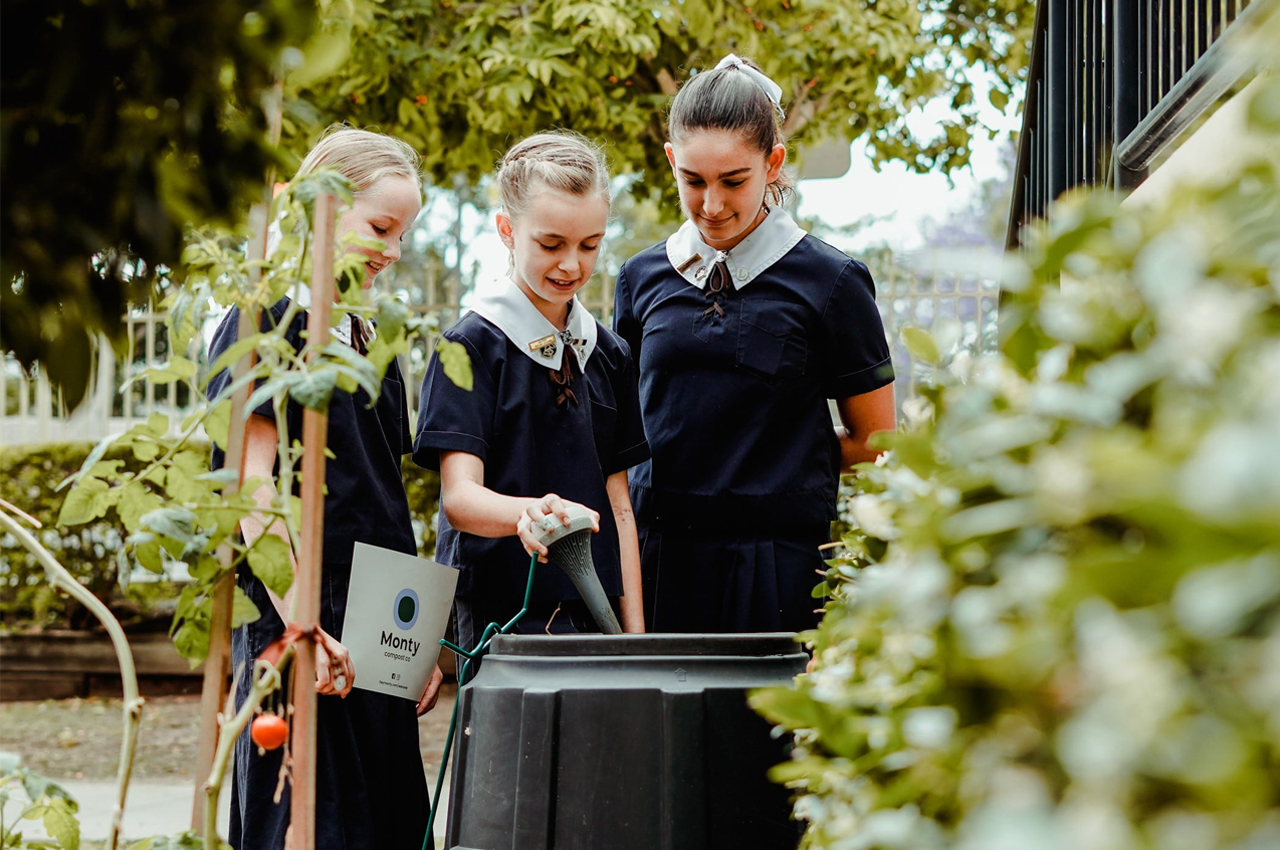
“Compost can reduce our waste, feed our food, and save our soil but not enough people do it,” as the creators behind Monty put it. Monty Compost Company developed its smart compost system to help make composting more efficient and approachable for people with all types of gardens. Using integrated smart technology, Monty’s soil sensors connect to your smartphone via Bluetooth and use an app-based management system to help track the conditions of the compost in your garden. Monty is comprised of a mobile app and sensor wand that analyzes the state of your soil to indicate when more compost can be added.
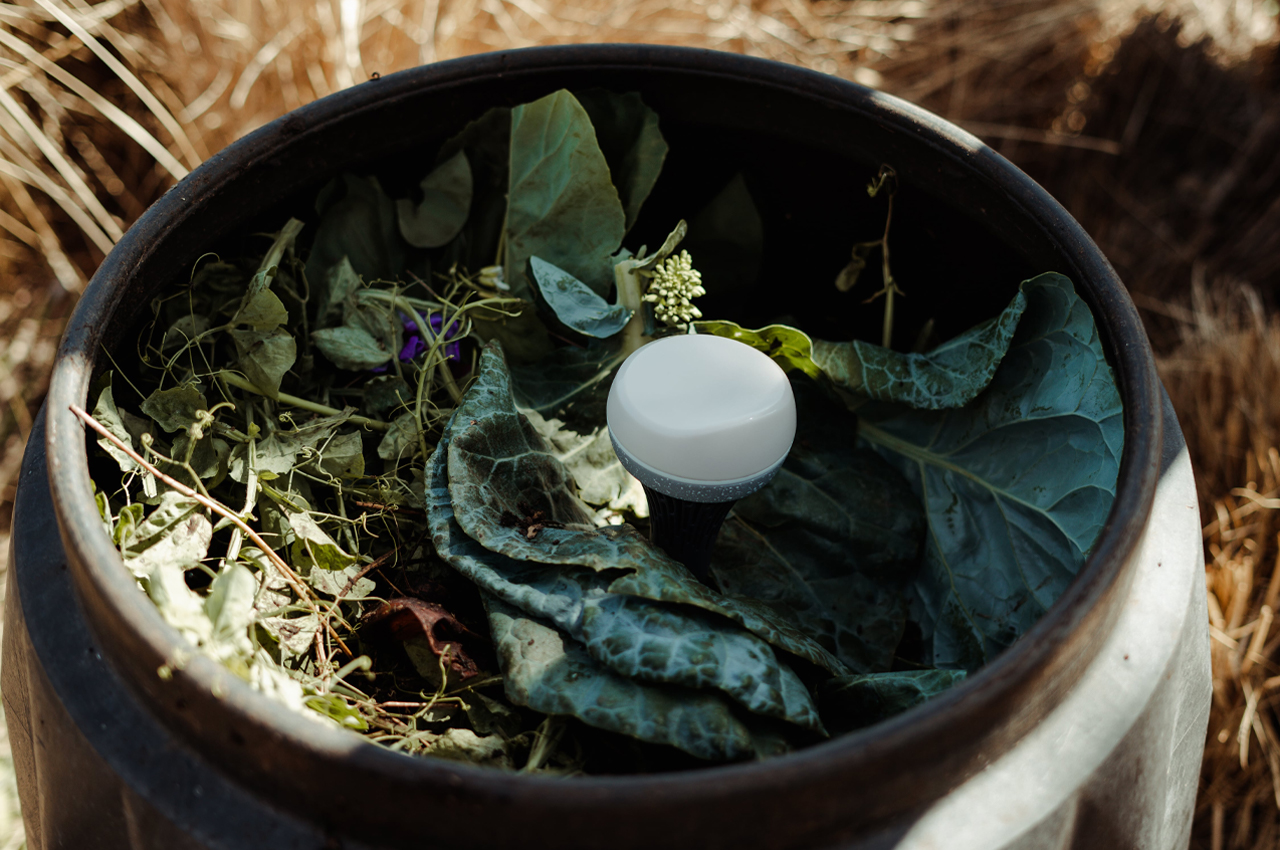
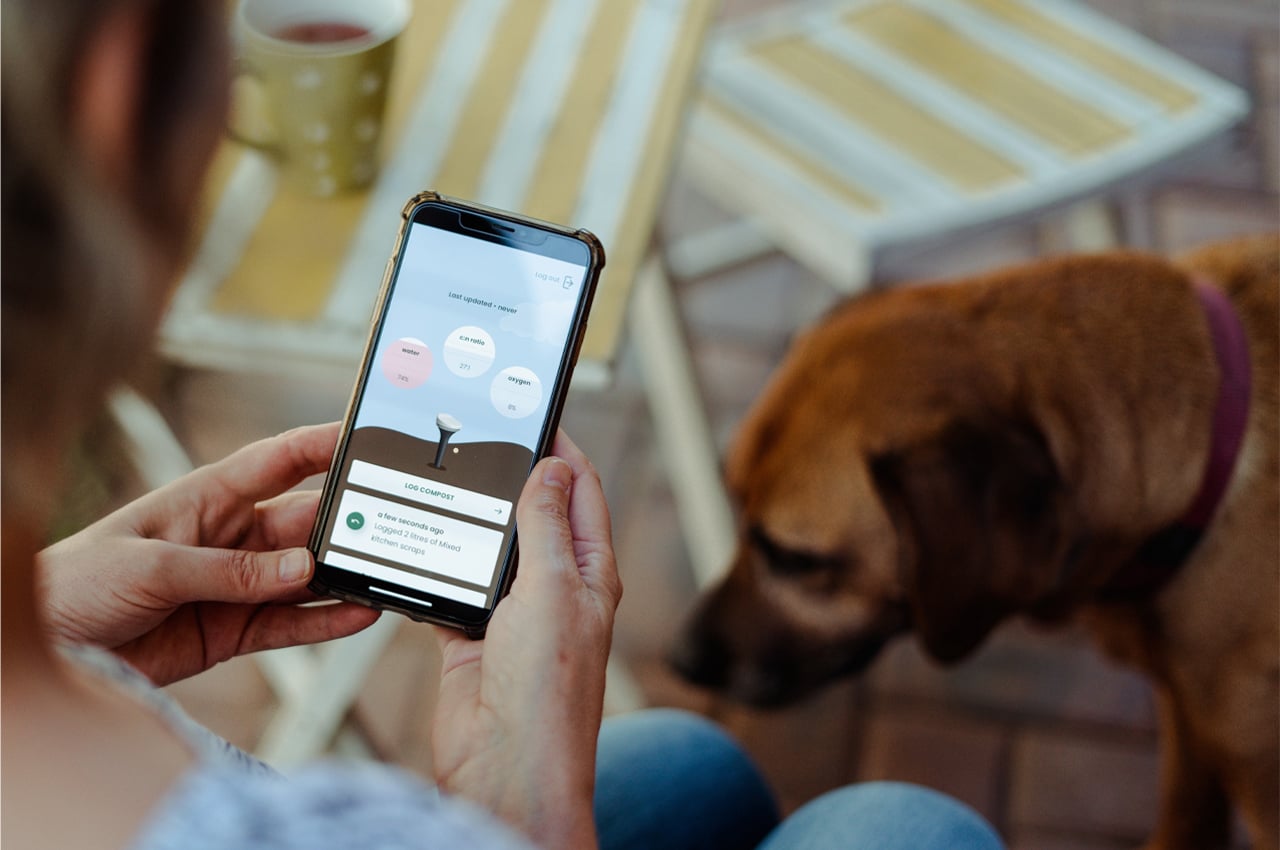
Stocked with first-class smart technology, Monty tracks the key compost health indicators such as soil temperature, humidity, and VOCs. Wireless by design, Monty can be disassembled and plugged into an external charging basin, where the batteries can power up before hitting the soil again. Through the mobile app, users will be alerted when their soil needs water, less sunshine, or more compost as the wand tracks its conditions.
Designer: Monty Compost Co.

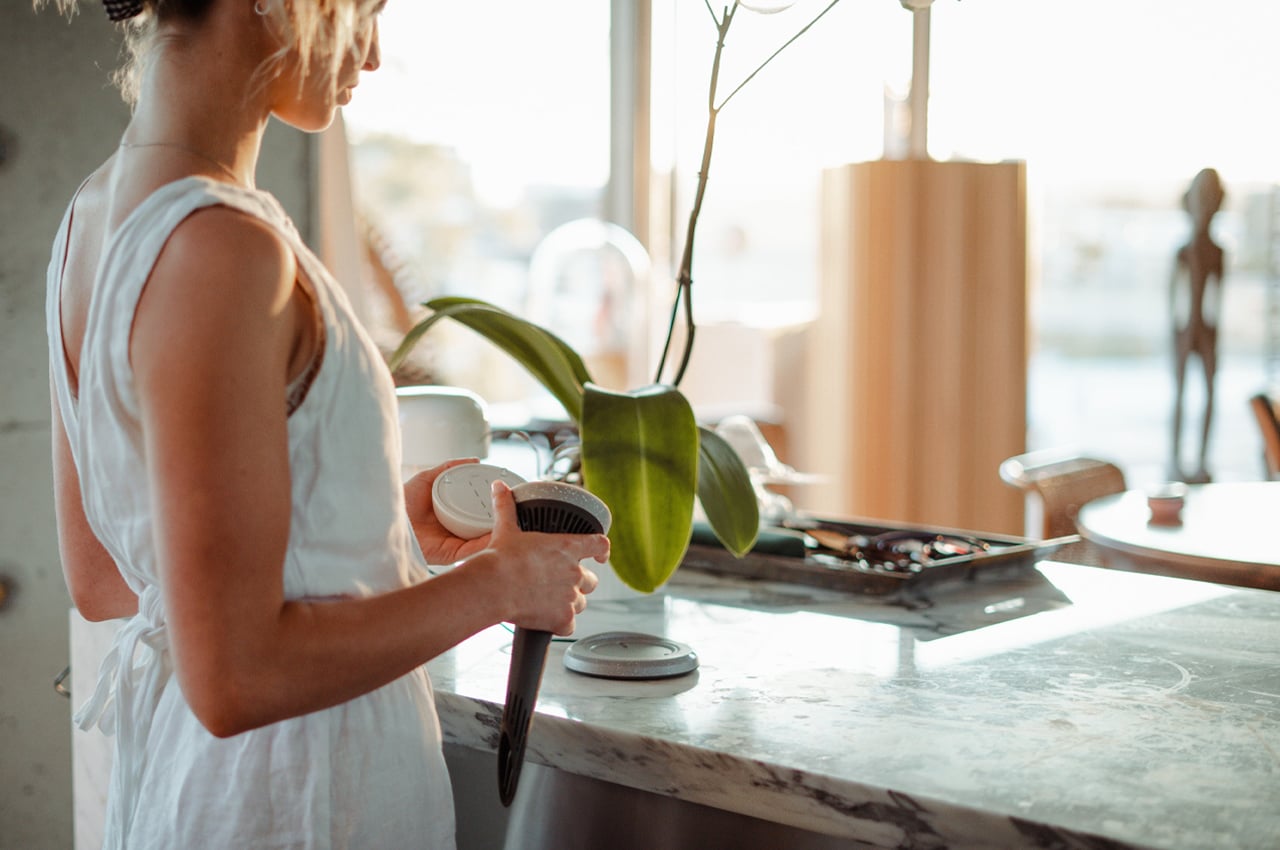
The post A smart compost tracking system that analyses soil conditions to send alerts to users first appeared on Yanko Design.
